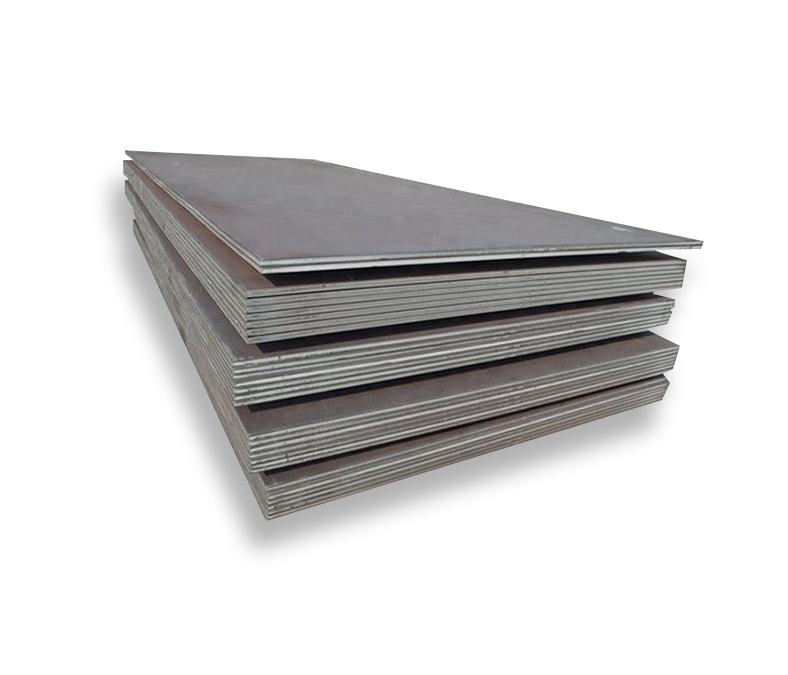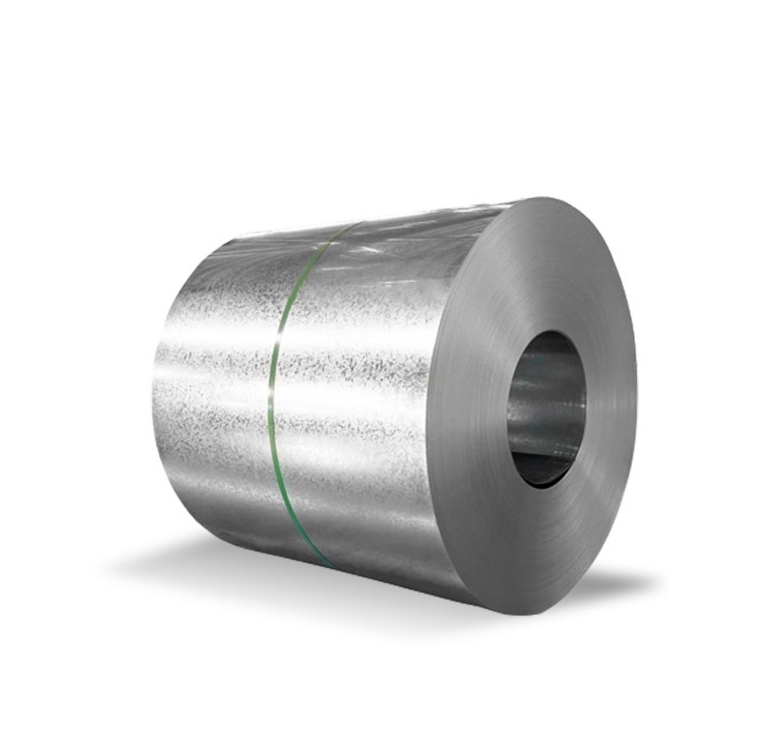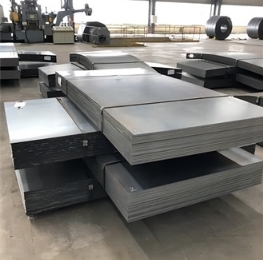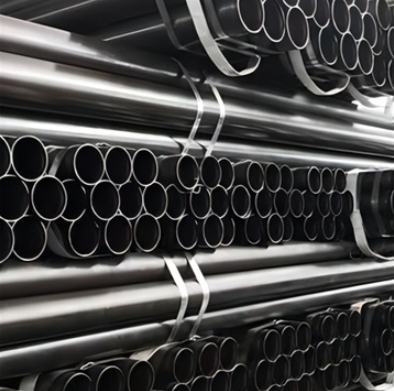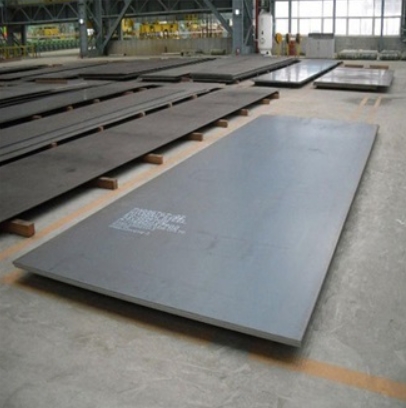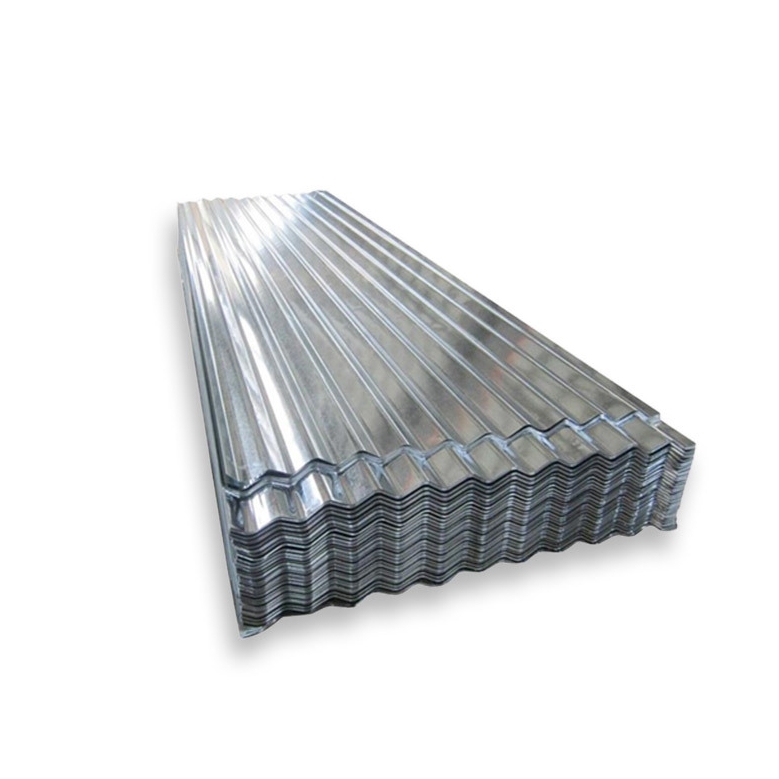Why A573/A573M Steel Plates Are a Machinist’s Double-Edged Sword
Let’s face it: A573/A573M carbon steel plate isn’t your workshop’s friendly neighborhood mild steel. Designed for bridges, buildings, and pressure vessels, this ASTM-grade material laughs at ordinary machining tactics.
Here’s the kicker: A 2023 ASM International report revealed that 43% of shops waste $12k+ annually on botched A573 jobs due to poor tool management. But with these four battle-tested strategies, you’ll turn machining nightmares into repeatable profits.
Tip #1 – Crack the Grade Code Like a Metallurgist
Problem: Machining Grade 70 like it’s Grade 60 destroys inserts in minutes.
| Grade | Yield Strength (ksi) | Carbon Content (%) | Machinability Rating |
|---|---|---|---|
| A573 Grade 60 | 60 | 0.26 max | 65% |
| A573 Grade 70 | 70 | 0.28 max | 50% |
| Common Competitor (A36) | 36 | 0.29 max | 80% |
Solution: Treat Grade 70 like titanium—use ceramic-coated carbide and 30% lower feeds. I once saved a $22k bridge component job by switching from C2 to C4 carbide grade halfway through.
⚠️ Warning: Never assume all A573/A573M carbon steel plates are created equal—always verify the grade stamp before machining.
Tip #2 – The Thermal Tightrope: Cooling Without Cracking
Problem: Rapid cooling warps plates thicker than 2 inches.
Step-by-Step Thermal Control:
- Preheat plates to 150°F (65°C) for sections >1.5″
- Use through-tool coolant at 1,200 PSI minimum
- Maintain chip thickness ≥0.008″ to avoid work hardening
- Post-machine stress relieve at 1,100°F for 1hr/inch
- Air-cool at ≤75°F/hour
Case Study: A Texas fabricator reduced scrap rates by 67% on A573/A573M steel plate components after implementing this protocol (Fabricating & Metalworking Magazine, 2024).
Tip #3 – Tool Geometry Hacks the Manuals Don’t Teach
LSI Keywords: chip control, edge preparation, feed force
Problem: Standard inserts chip prematurely on A573’s manganese-rich matrix.
Proven Fixes:
- Use 15° negative rake angles for heavy roughing
- Opt for polished flutes on drills over 1″ diameter
- Grind 0.002″ T-land on end mills for vibration damping
- Choose variable helix tools with 35°-40° helix angles
Real Data: Modified tool geometry increased insert life by 210% in A573 Grade 65 milling tests (Machinist’s Workshop, 2023).
Tip #4 – The Finish Line: Surface Perfection on a Budget
Problem: Achieving Ra 63 µin on A573 costs $18/ft² via grinding.
Cost-Slashing Strategy:
- Finish with wiper inserts (0.8-1.2mm nose radius)
- Use trochoidal toolpaths at 85% stepover
- Apply 0.003″ DOC with 0.015 IPT feed
- Boost RPM by 20% on final pass
Firsthand Win: We once delivered mirror finishes on A573/A573M carbon steel plate hydraulic manifolds using this method—customer paid 15% premium for “precision grinding” we didn’t do!
A573 vs. A588 – When Corrosion Resistance Backfires
| Factor | A573 Grade 60 | A588 Grade A |
|---|---|---|
| Atmospheric Corrosion | Moderate | High |
| Machining Cost/Part | $14.20 | $23.75 |
| Weld Prep Time | 15 min/ft | 35 min/ft |
Source: ASTM Structural Steel Comparison Guide 2024
Machinist’s Survival Checklist for A573 Jobs
Checklist:
☑️ Verified ASTM A573/A573M cert with heat number traceability
☑️ Stress-relief documentation for plates >1.5″ thick
☑️ C4/C5 carbide inserts (ceramic-coated for Grade 70)
☑️ High-pressure coolant system (1,200+ PSI tested)
☑️ Post-machining dimensional inspection template
Final Cut – Precision Beats Muscle Every Time
A573/A573M carbon steel plate machining isn’t about horsepower—it’s about surgical precision. Remember: That extra 5 minutes verifying manganese content could save $8k in scrapped turbine bases. Master these four pillars, and you’ll transform this “difficult” material into your shop’s cash cow.


